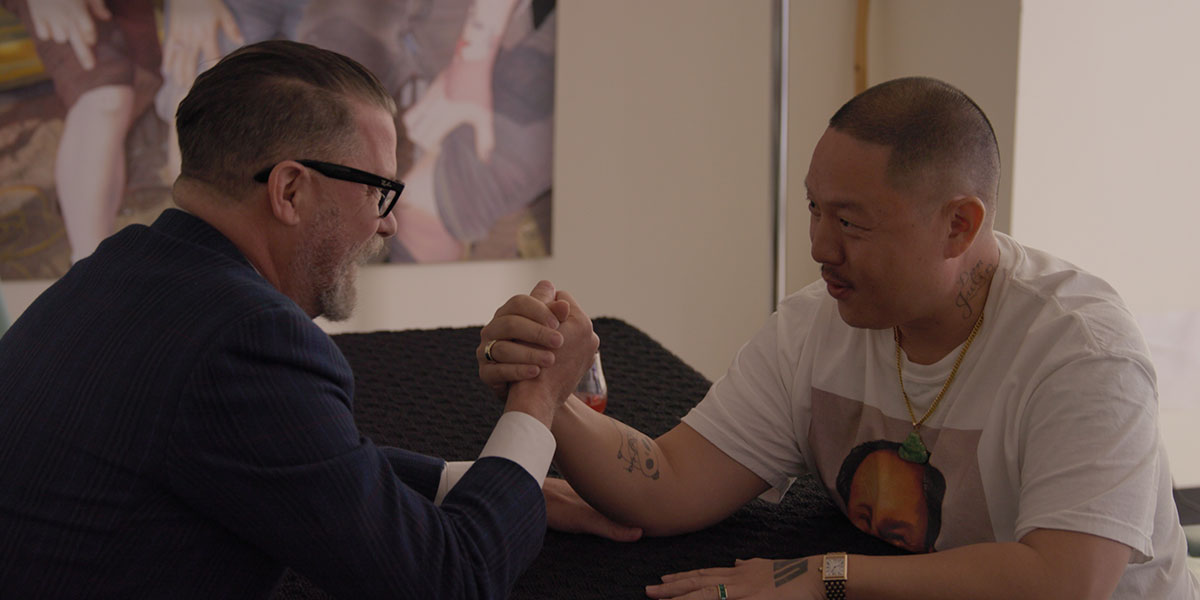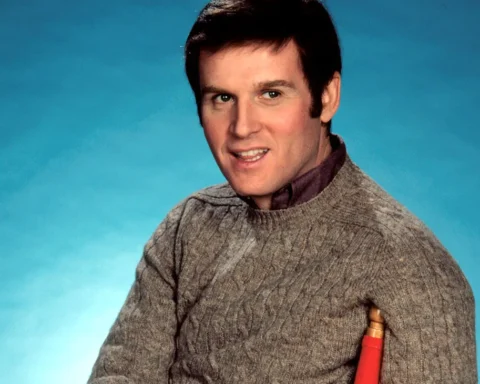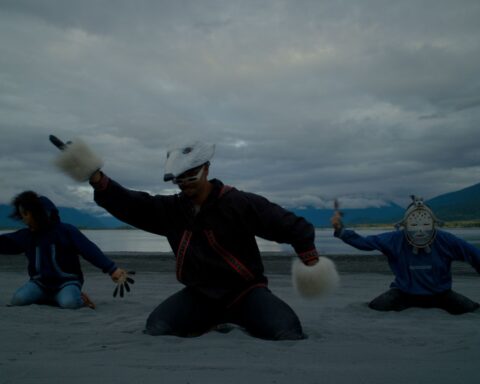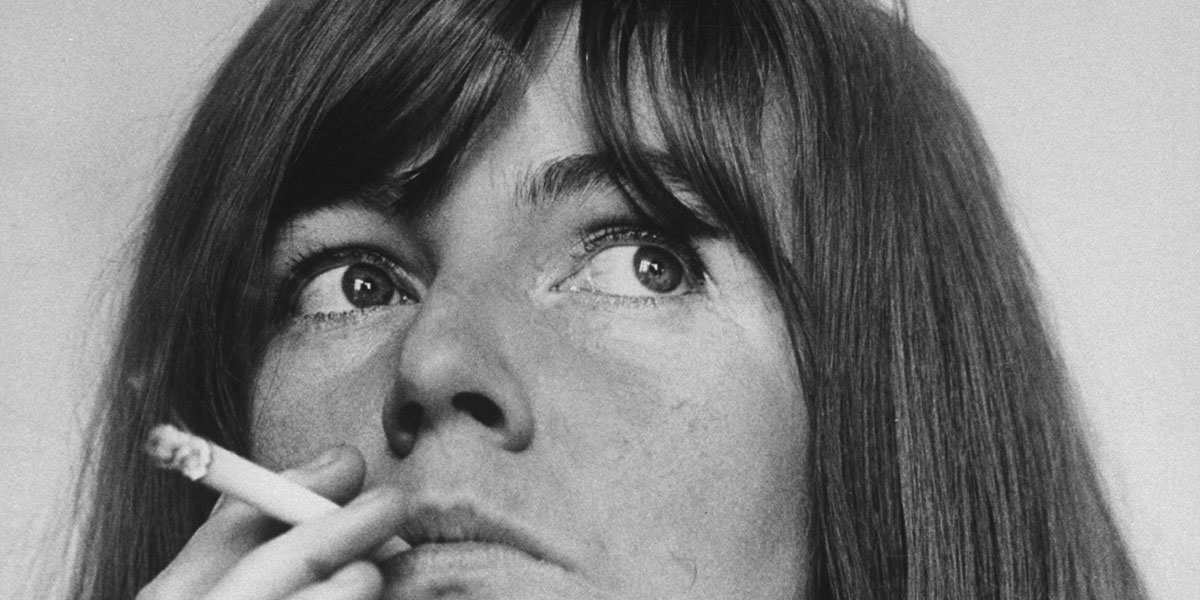Vice Is Broke
(USA, 101 min.)
Dir. Eddie Huang
Programme: TIFF Docs (World premiere)
Vice media ruined news. Let’s not beat around the bush. Eddie Huang understands this fact after his sentence making content for the former Montreal magazine turned branded content factory. Huang offers an act of atonement with Vice Is Broke, his first feature documentary and a humorously personal one at that. The doc takes a cue from the Vice school of filmmaking and offers a slickly shot and irreverently funny consideration of the rise and epic fall of the digital media empire that was, for a brief 15 minutes, the envy of many news organizations struggling to pivot amid the Vice-ification (re: bastardization) of media. Huang’s doc salutes anyone who stood for quality journalism along the rocky road.
Vice Is Broke zippily recaps the genesis of Vice Media, née Voice Magazine. Huang talks how the mag started as a not-for-profit print other that sought to give voice to Canadians from underrepresented and culturally diverse communities. But when that became inconvenient, the team dropped the “o” and gave it an edge by birthing Vice. An array of talking heads position Vice as a forum for the leading views in alternative journalism.
The film considers a not so distant past when writers used unique voices to tackle edgy topics in substantial ways. “How to” guides about female ejaculation, say, or anal sex are the hallmarks of Vice as an alternative print magazine. But the publication also housed flagrantly misogynistic work, like a lady’s guide to please a man, written by a man, or objectifying pieces typically reserved for, let’s say, other kinds of magazines.
Huang, who previously did the Vice series Huang’s World during the company’s video pivot, makes a clear case that the magazine dropped the ball while making a shift that disrupted the industry. He and the taking heads recount how founder Shane Smith lost the confidence of his employees and sold them out.
Smith doesn’t appear in the film, but Vice co-founder Gavin McInnes does. This gonzo interview perfectly illustrates the misogyny, homophobia, and stark racism that fractured the media empire.
Huang baits his old boss somewhat by arriving at the interview with Chinese food in tow. McInnes takes the bait and chews it with relish. He drops Asian joke after Asian joke, and spouts all sorts of gross vitriol about women and various minorities. But he does it all with a bit of “just joking!” self- defense. Huang asks if it’s all an act or if his old boss, who went on to found the white supremacist group Proud Boys, really means it.
Huang has a manner of getting the goods and teeing up the material, though, without quite taking the shot. He lets McInnes off the hook somewhat, positioning him mostly as an idiot who didn’t know what to do with his success. Ditto Smith, who gets a harder take with some receipts from Huang’s efforts to score an interview and the director’s rightful anger over unpaid wages. That turn of events, which includes Vice’s recent filing for bankruptcy, serve as the foundation for this film as Huang reclaims his Vice material and, in turn, the agency of good storytelling. Co-founder Suroosh Alvi, meanwhile, barely receives more than a mention, although Huang noted in a TIFF Q&A that he always found Alvi to be a decent man, albeit one who often camped down with the lawyers. (An observant that might have inspired some digging, all things considered.)
In the absence of some key voices, Huang relies on personal storytelling. His admiration for Anthony Bourdain explores how one could effectively shake up established media, as Bourdain did with his food shows that revolutionized culinary programming. Huang, himself a chef, shares admiration for Bourdain’s motivation to take cooking beyond tutorials and draw upon documentary practices to tell larger stories about the social factors and human hands entailed within the food we eat.
The Bourdain element illustrates how badly Vice failed to learn from its successes. Huang contrasts Bourdain’s success with Vice’s decline. He observes how the outlet became edgier and punchier, perhaps as a reflection of McInnes’s own shift towards right-wing edgelord, without really understanding its audience. Talking heads cringe while recalling Vice’s pivot towards extractive filmmaking as hugely unqualified content creators jetted to exotic locals to get high in the jungle or chat cannibals, popularizing the kind of bullshit sensationalist click-bait “journalism” that many outlets favour today.
Huang takes a hard look at his complicity with Vice. A late in the film sequence revisits a segment from Huang’s World that profiled boisterous white supremacists. Huang has a rude awakening as he watches one of his crew members nearly take a bullet and observes that Vice’s “journalism” really amounts to chronicling the objectification of women and other bad behaviour without a critical lens.
Huang’s own film reflects the Vice-ification of media, but in a cheeky and thoughtful way. Punches of humour run throughout, like one interview in which Huang arrives dressed as boorish food host Guy Fieri, while many interviews unfold in cocktail bars or over drinks. The approach reflects the docu-tainment type of lifestyle television that Vice tried to emulate with a splash of hard news, but Huang shows that one can crib from these styles without cheapening the take.
Vice Is Broke obviously doesn’t tell the film story, but it shares how Vice had all the ingredients to deliver a good a story. It just chose the ephemeral high. Casual, humorous, and accessible journalism obviously has its place, but Huang smartly shows that the one thing journalism can’t compromise is its integrity.














